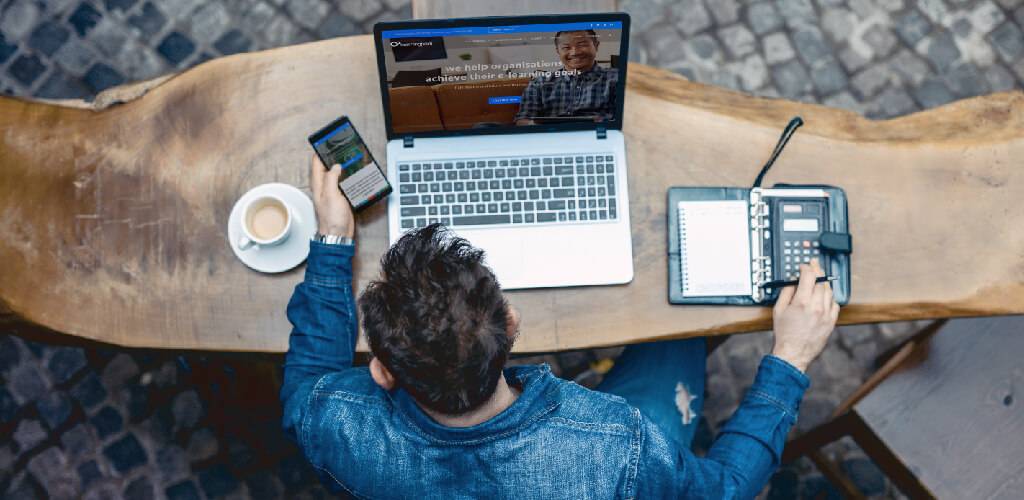Embracing the Modern Workplace
February 13, 2018
The modern workplace doesn’t have a set geographical location: it’s everywhere.
Depending on your view, this is liberating you from the desk or chaining you to your phone or tablet. What’s not in doubt is how effective technology has been in connecting workforces and organisations and that has ramifications for the way we work.
A networked and distributed workforce
The concept of an online, connected user doesn’t just exist in the social sphere. It’s having a real impact in the modern workplace, where most organisations rely heavily on digital technology. The prevalence of this technology affects the way we access and share information at work, and, critically, how we work.
In a purely practical sense, connectivity allows organisations to work together (internally and externally) even when they are dispersed over the globe. Salespeople on the move are continually in touch with their headquarters through mobile technology. The employees of multinationals, stationed worldwide, are in constant contact through online connectivity, whether it’s through a PC at their desk, a laptop in a café, or a mobile phone on a train.
Increased access to technology allows for, even demands, a flatter structure that encourages and enables more responsibility, independence, and opportunity for individual employees. No-one is shut out and everyone has the tools to contribute.

Knowledge discovered, recovered and shared
Technology offers huge potential for collaboration and, just like Wikipedia, allows the opportunity for knowledge to be discovered, recovered and shared. There’s always the risk that when an experienced employee leaves an organisation, specialist knowledge goes out of the door too. In the connected workplace that needn’t, and shouldn’t, be the case.
But if the modern workplace and the technology that supports it give employees greater opportunity, flexibility and independence, how do you prepare them for it? Traditionally you would look to train people for a job and then give them a probationary period where they would gain work experience.
This tried and trusted, orderly approach seems somehow out of touch with the disruptive and constantly-evolving, fast-paced environment many workers find themselves in today. And, in any event, how do you train someone for something that hasn’t yet happened? At this point, our social and work lives interconnect. What’s the modern worker likely to do when faced with a need to find out something fast? Google it, of course. And Google will respond.
But from an organisation’s and an employee’s point of view, any or many answers may pose a problem. What they need is an answer or solution that’s correct but nuanced – one that considers the circumstances, the context and the culture in which that solution will be deployed.
Applying information: ‘Resources, not courses’
Access to information is the starting point, but the true benefit is in its application. Here we see an opportunity for workplace training. What if you could train your workplace with the speed and efficiency of a Google search? What if you could have training at your desk, in the café, on the train, activated and accessed when your employees need it. We call this approach to learning and training ‘resources, not courses’ and believe the answer to this lies in enhanced performance support.

Introducing Learning Pool’s chatbot
We recently launched our chatbot, the smart assistant that lives in your company’s workflow, always helping people perform better. Your company already has the knowledge and learning your people need.
Learning Pool’s chatbot gets it to the right people at the right time, increasing their effectiveness and making sure you’re always covered for compliance.
Register for a free trial today, and discover how our chatbot delivers learning when it’s most useful and relevant, meaning your people start loving to learn.
About the author
Paul Healy has worked in the learning industry since 2003 in sales, learning consultancy, and programme management. He specialises in assisting companies with change management and innovation agendas.
Got a learning problem to solve?
Get in touch to discover how we can help

